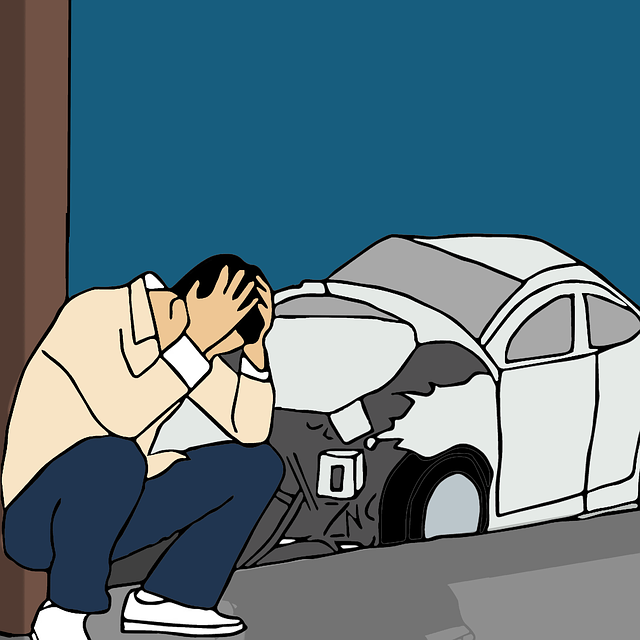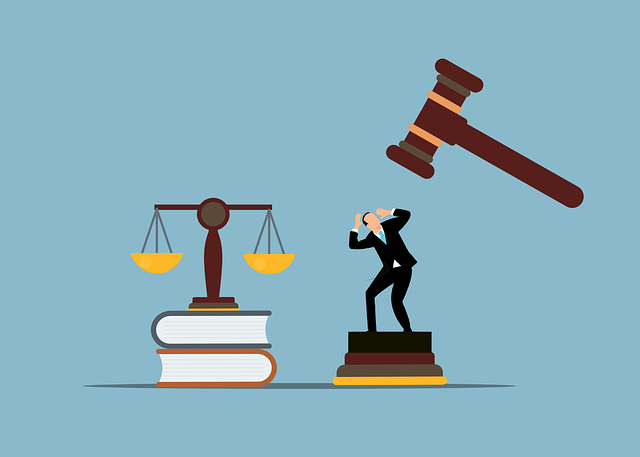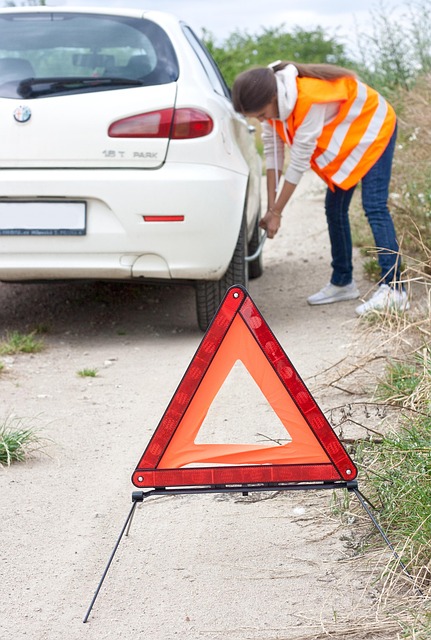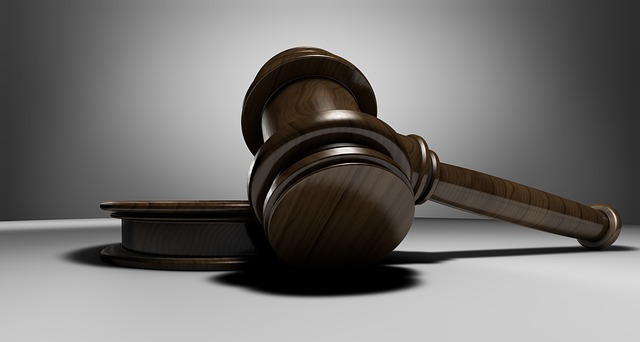Before consulting a Miami workers comp attorney, document symptoms, medical records, and work time missed. Gather essential documentation like medical reports, witness statements, and incident evidence. Research Florida's unique workers' compensation laws to inform your case details and questions during consultation.
Suffering from a work-related injury or illness in Miami? Before consulting a Miami workers’ comp attorney, take crucial steps to ensure you’re prepared. Firstly, evaluate your condition and its connection to your job. Next, gather any relevant documentation and evidence, such as medical records and witness statements. Lastly, research Florida’s workers’ compensation laws and understand your rights. Armed with this knowledge, you’ll be better equipped to discuss your case with a Miami workers’ comp attorney.
- Evaluate Your Work-Related Injury or Illness
- Gather Necessary Documentation and Evidence
- Research Local Workers Comp Laws and Rights
Evaluate Your Work-Related Injury or Illness

Evaluating your work-related injury or illness is a crucial step before consulting with a Miami workers’ comp attorney. It’s essential to understand the severity and nature of your condition to determine the best course of legal action. Start by documenting all symptoms, medical treatments, and any time missed from work due to your injury or illness. Keep records of doctor visits, prescriptions, and any relevant communication with your employer regarding your health condition.
This process involves assessing both physical and mental aspects of your well-being. If you’re considering a personal injury claim or are in the midst of a wrongful death settlement case, it’s vital to consult with healthcare professionals who can provide expert medical opinions. This will not only strengthen your personal injury attorney’s argument but also ensure that your rights as an injured worker are protected under workers’ compensation laws.
Gather Necessary Documentation and Evidence

Before consulting with a Miami workers comp attorney, it’s crucial to gather all necessary documentation and evidence related to your work-related injury or illness. This includes medical records, employment history details, and any reports or statements from witnesses or co-workers who can corroborate your claim. Additionally, if your case involves a partnership disagreement or even a Boca Raton auto accident, ensure you have comprehensive documentation of the incident—photos, police reports, and insurance information—as these can significantly strengthen your position.
Properly organizing and presenting this evidence will not only help streamline the claims process but also increase your chances of receiving fair compensation. It’s a critical step in ensuring that your case is as strong as possible when you meet with a Miami workers comp attorney to discuss your legal options.
Research Local Workers Comp Laws and Rights

Before reaching out to a Miami workers comp attorney, take the time to familiarize yourself with Florida’s local workers’ compensation laws and your rights as an employee or employer. This step is crucial for several reasons. Firstly, understanding the legal framework ensures you can accurately communicate your case when consulting with an attorney. You’ll know what questions to ask and what information to provide, making the consultation more efficient.
Secondly, Florida’s workers’ compensation laws differ from other states, and these regulations can be complex. There are specific rules regarding claim filing deadlines, types of benefits available, and coverage for medical expenses, especially when considering cases that involve medical malpractice or wrongful death claims. Even elder law issues might intersect with workers’ comp in certain scenarios. By researching these aspects, you empower yourself to make informed decisions and choose the best course of action, whether it’s pursuing a claim or negotiating a settlement.
Before consulting a Miami workers comp attorney, thoroughly evaluate your work-related injury or illness, gather essential documentation and evidence, and familiarize yourself with local workers’ compensation laws and rights. These steps will ensure you have a strong case and the best chance of receiving the benefits you deserve.






